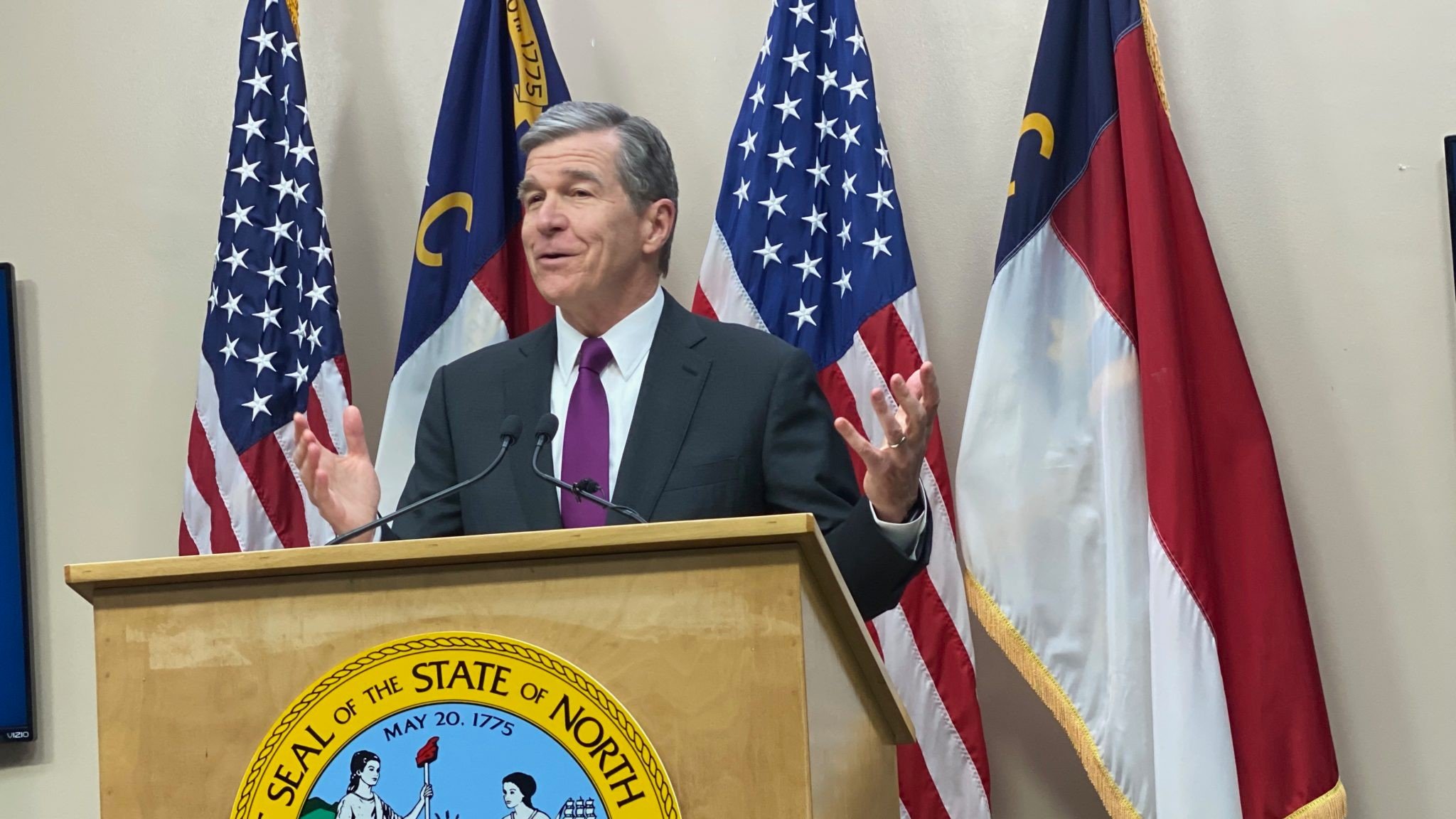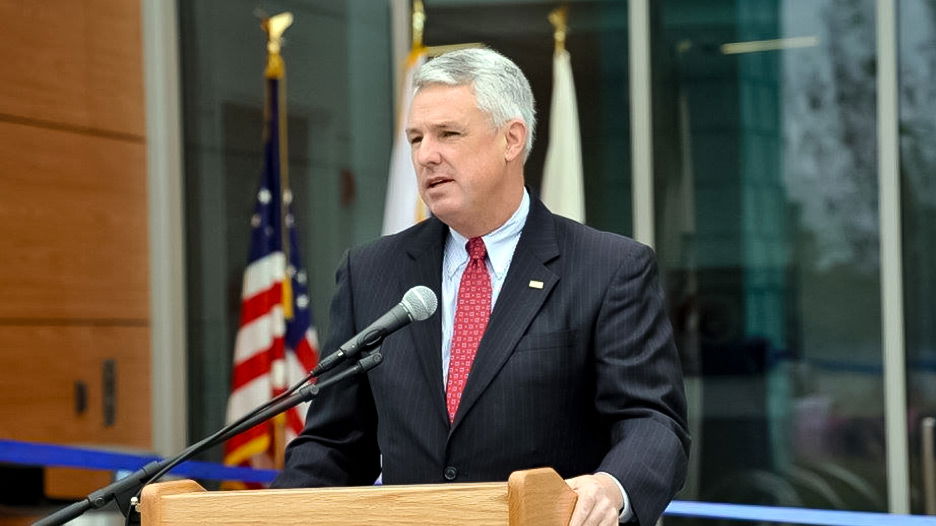North Carolina lawmakers roll out new bill to legalize sports betting

State lawmakers will file legislation this week to legalize mobile sports betting in North Carolina. On Friday, just ahead of the weekend busy with sports events, the Gov. Cooper, hinted that NC may legalize online sports betting this year. Speaking with reporters ahead of the NHL’s Carolina Hunters game, he confirmed that lawmakers in the state are currently working on legislation that seeks to introduce online sports betting.
Rep. Jason Saine echoed the governor’s optimism when quizzed by local press saying: “I believe Gov. Cooper is right in his optimism about sports betting. Last session’s process helped identify matters that needed to be worked on with the legislation, as well as giving members (time) to talk to their constituents about the possibility of legalized sports betting,”
Saine said Democratic Reps. Ashton Clemmons, Zack Hawkins and Michael Wray are working with him on the bill as well as Republican House Majority Leader John Bell. While last year’s bill failed to pass the House, it did pass the Senate. Saine said he believes that will happen again this year too. After the bill is filed this week, he said he expects it to move quickly through committees and head to the floor for a vote.
On the contrary, Rep. Pricey Harrison (D-Guilford) was among those who voted against it. She remains concerned that it will not lead to a significant windfall of tax revenue for the state and thinks it goes too far in expanding gambling.
She proposed only legalizing betting in-person at professional sports venues first before considering mobile sports betting.
“It is an interesting mix of super-progressives and super-conservatives who are concerned about the impacts this might have on our state. And, I think that coalition is still there and it’s still strong,” she said in a recent interview. “I don’t want us to get all glazy-eyed thinking this is going to be a great revenue source for our state because it won’t.”
A non-partisan analysis of an early version of the bill estimated it would bring in $8 million to $24 million. Bill sponsors estimated it would ultimately be closer to $50 million based on other analyses that had been done.
















































